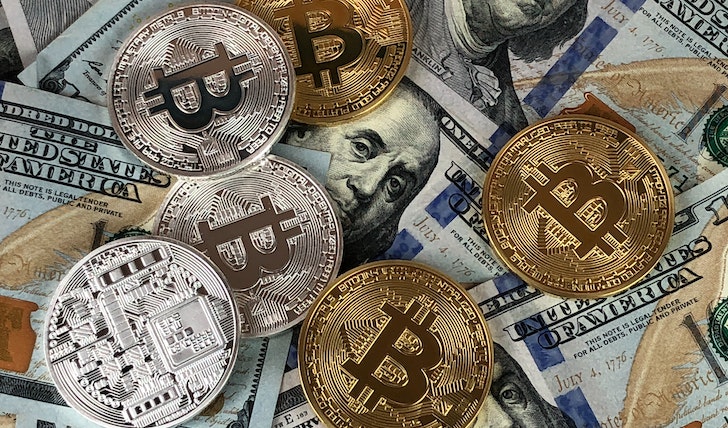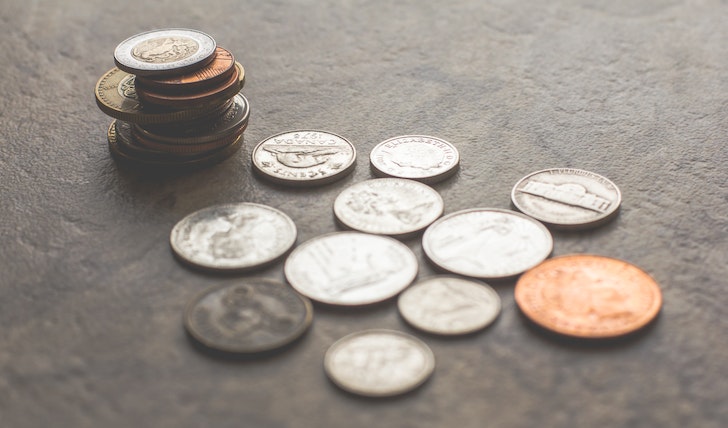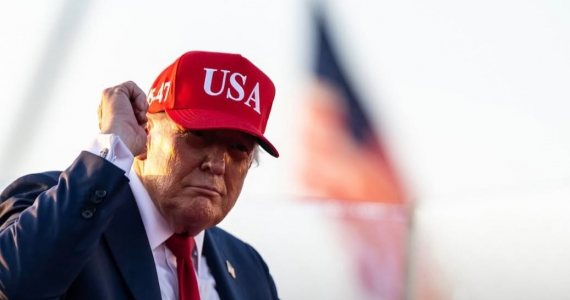Currency is not the same thing as money. Essentially, money is a unit of account and a medium of exchange. Currency, on the other hand, is something that the government dictates. Unlike currency, money can be in different forms. It can be either in the shape of coins, paper bills, or even an electronic transfer.
So, money is the value that enables two parties to exchange transactions. On the other hand, the currency is the mark that the government imposes. The USD, for example, is a currency, and so is the pound. On the other hand, the value of these currencies – i.e., $20, $50, or $100 – is money.
Within a country, the government issues currencies, and in turn, this currency becomes acceptable to exchange transactions. If you are in the United Kingdom, for example, you will have to use the pound currency. You can not use USD currency there – and the same is true for the United States and the rest of the world.

This is why certain currencies are higher in value than others. USD, for instance, is a highly valued currency. If you exchange with a Malaysian currency, MYR, the value of the USD currency is way higher than MYR. $1 equals roughly 4.4MYR. Why? Because the value of the USD currency is higher. Thus, the currency of a country dictates its actual value of it.
Therefore, it is essential to understand that money is something that is used in exchange for value. So, the economy of the country dictates the value of its currency. A USD, for example, has more value than other currencies because the economy of the United States is stable. Thus, it enables its currency to be exchanged at a higher value in the international market.

With that said, it is essential to understand that the concept of money has been subject to constant changes. Today, advanced countries like the U.K., U.S., and other first-world countries rarely rely on hard cash. Instead, they have opted for an advanced digital currency. And some countries have laid strategies to go cash-free – digitalizing money through and through.
Money Constantly Evolves; Currency Does Not!
Another striking difference between currency and money is that money evolves and goes through subtle changes. And currency does not.

According to historians, before the inception of money (hard cash), bartering was a widely accepted way of making transactions. Instead of paying in cash, people back then were using other services and goods to buy goods.
For instance, the ancient people would buy rice in exchange for wheat. Or, they would buy groceries in exchange for raw materials. Since there was no cash back then, bartering was the only reliable mode of making transactions.
Moving forward, the concept of money (hard cash) kicked in. Going through all these transformations, money has now become a digital thing. Parties can exchange money (i.e., value) to buy stuff. On the other hand, the currency has remained the same. Although the value of the currency (e.g., money) is subject to changes, the currency itself is not.




